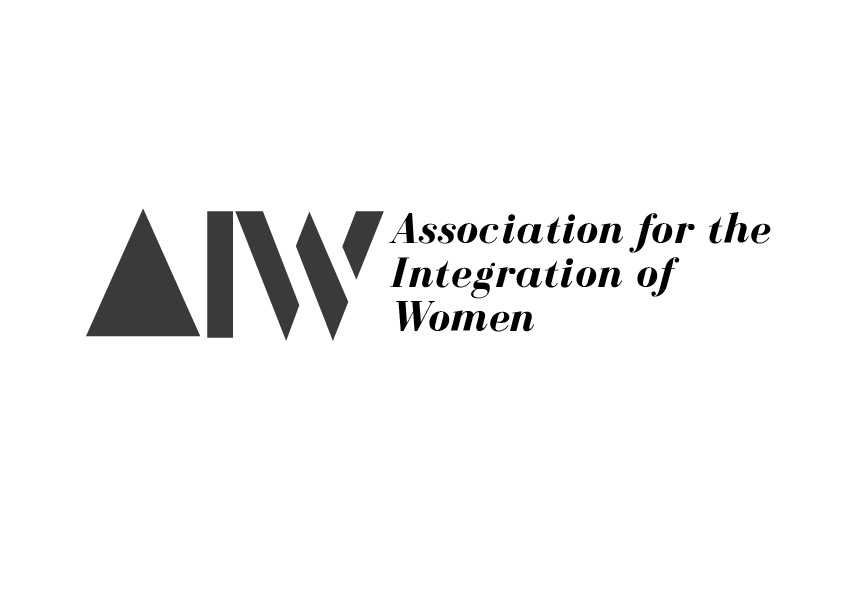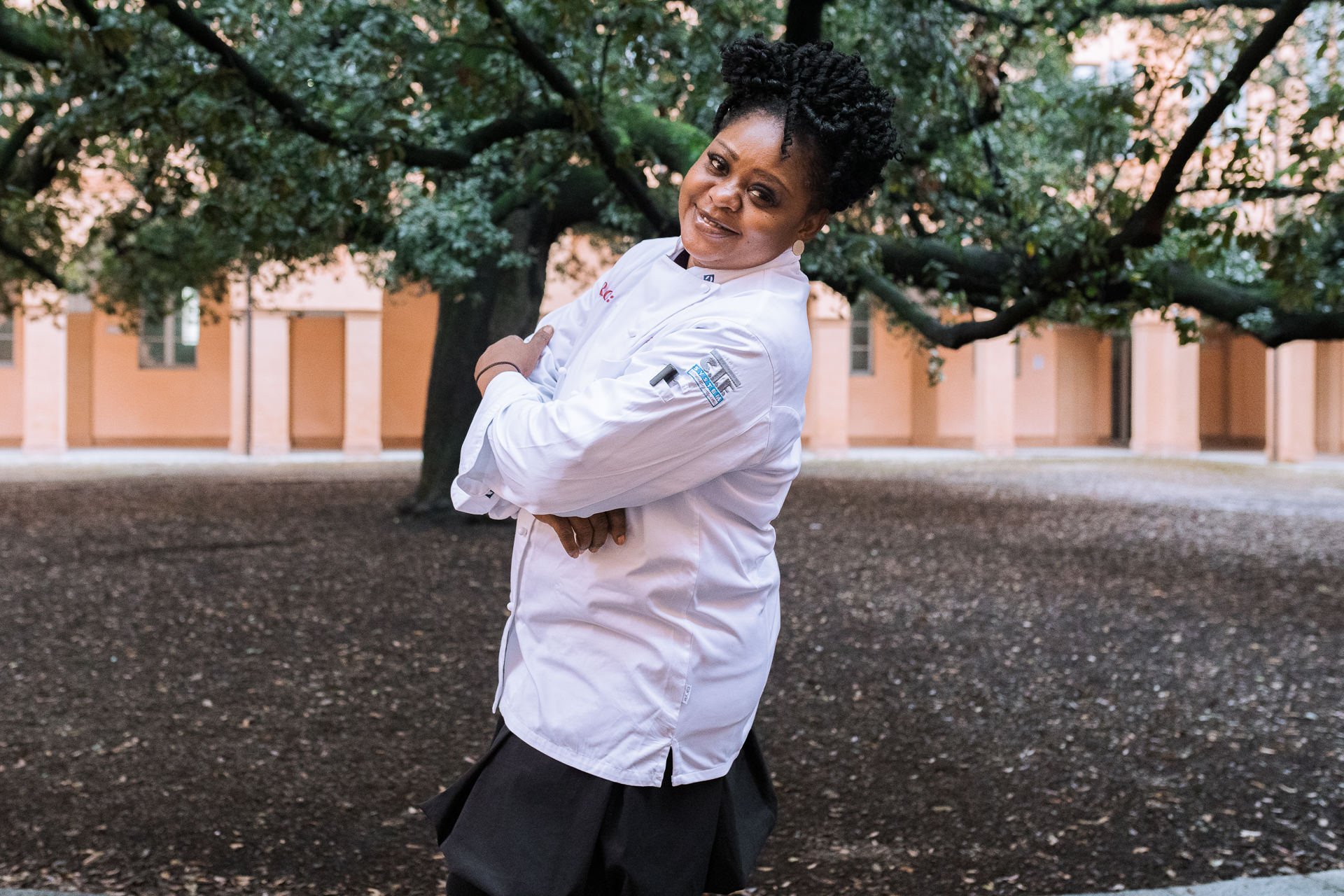Healthier global economies start with the employment of migrant women
Migrant women are a vital part of our global community. Their journey, often marked by resilience and determination, contributes significantly to the socio-economic factors of their receiving countries, and they play an increasingly important socio-economic role throughout the European Union.
Photo Credits: Gloria Soverini
According to the European Institute for Gender Equality (EIGE), migrant women are more likely to be unemployed or economically inactive than any other group in the EU labour market.
A sad fact, that when compared with the smart, motivated, and talented women we work with everyday, is attributed not to the abilities or motivation of the women themselves, but to intersecting barriers and discrimination that they face in accessing the labor market market: both as women, and as migrants. Due to these obstacles, migrant women are often forced to work in low-paid and unregulated sectors of the economy, despite their qualifications.
Financial independence for migrant women is not just about earning an income. It’s about having control over their financial decisions, which can have far-reaching implications. Migrant women tend to spend their income on essential needs such as food, housing, education, and healthcare, investments that not only improve their living conditions and those of their family, and contribute to the local economy.
But the impact does not stop there, on a global scale, migrant women often send funds to support their families back home. This money is typically used to cover basic needs, invest in children’s education, start small businesses, and even fund community projects. They play a crucial role in the economies of many developing nations.
In Italy, remittances sent home by migrant women were only 13% lower than money transferred by migrant men, although migrant women on average earn 24% less than men. Despite earning less, migrant women are still committed to supporting their families back home, often sending a significant portion of their earnings.
In this way, the financial independence of migrant women has a ripple effect, promoting economic development both locally and in their home countries.
Mercy, 45, Cameroon (photo credits: Gloria Soverini)
Our graduate and AIW ambassador, Mercy, faced many of the challenges that migrant women face when arriving in Italy.
Originally from Cameroon, Mercy moved to Modena with her two young sons. Despite her background in journalism, she faced barriers due to language, lack of work experience in Italy, and discrimination.
“I would go to job interviews and they would all ask for experience. My experience in Cameroon did not count. I thought to myself, how can I have experience if no one will give me the chance?”
In 2022, Mercy’s joined brought her to the Culinary Training Program. By the time she graduated, she had four job offers! She began her new job as a cook one month after graduation and received a indeterminate contract within three months.
Today, Mercy continues to grow in her leadership position at work as one of the main Chefs, and in her free time she volunteers at AIW to mentor current trainees. Mercy’s story is a powerful reminder of the importance of creating opportunities for people to achieve their potential.
Interested in investing in migrant women in your community?
Our program, and programs like ours are made possible through your support, whether as a donor or patron of our migrant-women run business, Roots.
By supporting ours and other projects in your community, you’re investing in women like Mercy, and investing in a future with healthier and more equitable economy locally, and globally.
“Roots came to us like that hand and that door that helped us achieve our dreams!”


